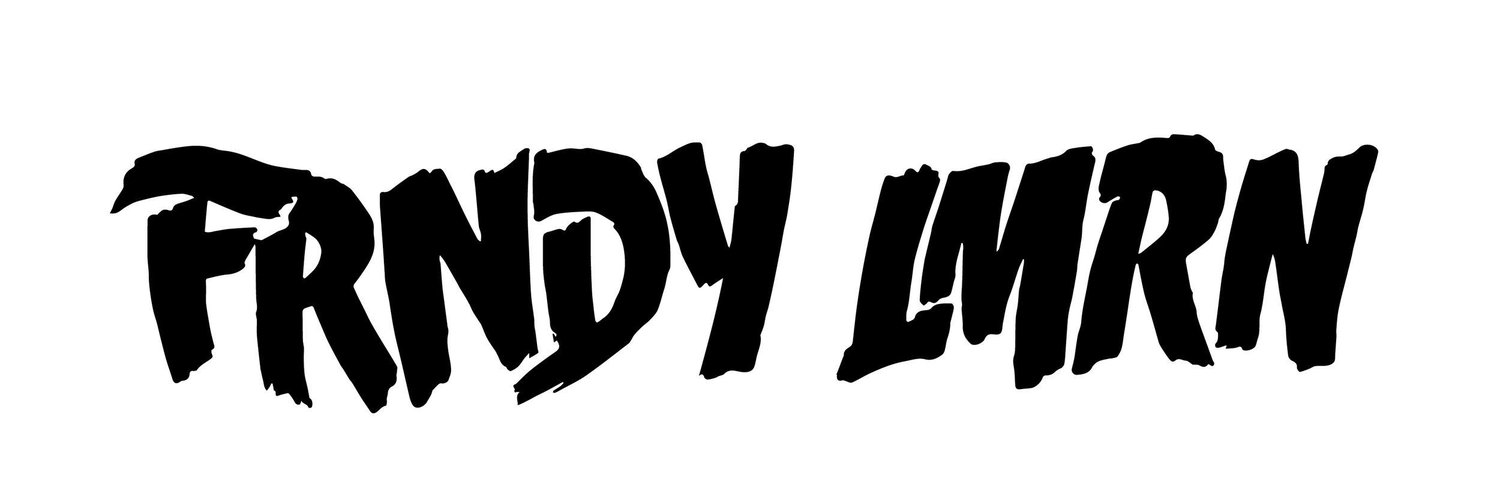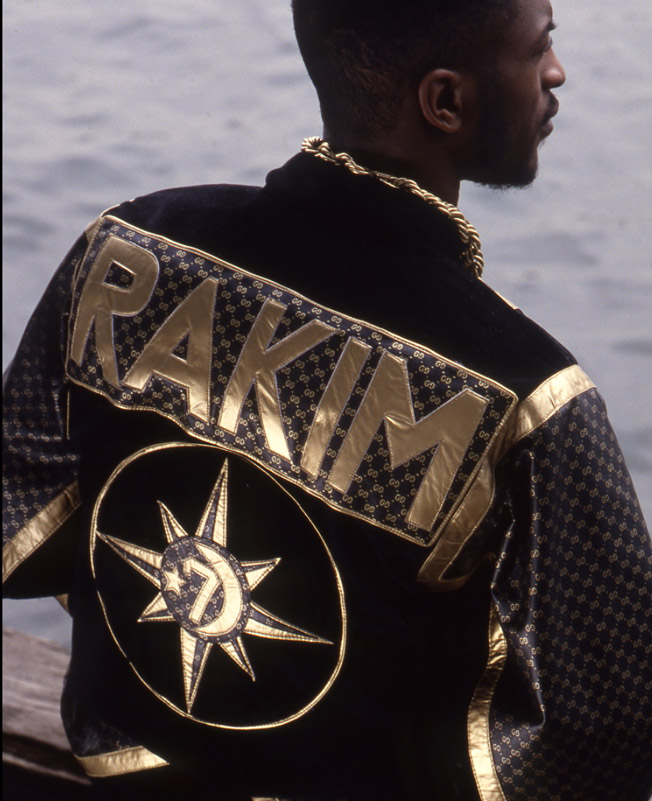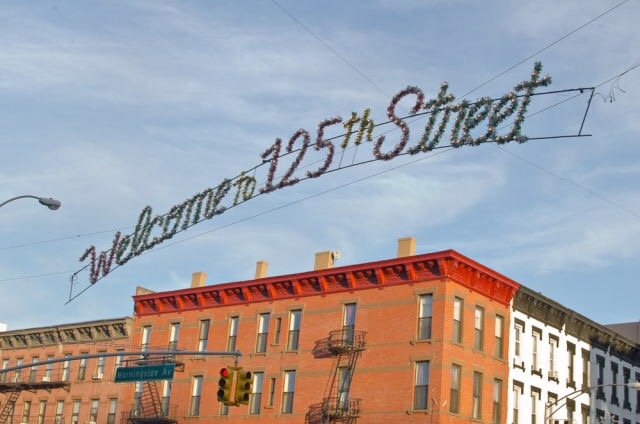FRENDY: What is a Danyaki exactly?
HASS: Danyaki is when u are faced with obstacles and hurdles in order to get to the next level of life. The process of the struggle in fighting to get over the hump makes one a Danyaki. So the concept of Danyaki is global, not just me. 90% out of the seven billion people in the world are going through their own “Danyaki” struggle right now. It has a lot to do with migration, ‘cause if you are not happy with the life you are living, then you gotta make the hardest decision in your life by leaving your comfort zone behind and jet off in search of a better one.
FRENDY: Interesting. We’ll definitely get back to this topic later on. How difficult was it for you to get a job in the neighboring countries you visited?
HASS: It's hard to get a job in those countries, you either have to take a bottom feeder job or create a service of your own. You just got to be creative with your immediate surroundings. People are always going to need help in their day-to-day operations, so you go around and offer them help in exchange for chump change - it always works, so that's one of the smartest way to get by. The most important thing is staying out of trouble, you don't want to mess with the jail system over there.
FRENDY: I feel you. Did you know any english before moving to the states?
HASS: Absolutely, Ghana is a 100% English speaking country. The entire educational system is English based. However, I grew up speaking three other indigenous languages, which I still speak very fluently, but English is spoken all over the media so it's hard to avoid. Plus, once you enter the school system, you’re all in.
FRENDY: That’s awesome, I didn’t know that. Which part of New York did you initially reside in? How difficult was it for you to get accustomed to the hustle and bustle of the city?
HASS: In New York, I lived in the Bronx due to Ghanaian density. I actually still live there. Life in New York could not be difficult at all for me, it's easy. The hustle and bustle is not comparable to Danyakis upbringing - it's easy here.
You gotta understand one thing, the income disparity is unimaginable - it's pretty much from 0 to 100 real quick. The fact is no one loves leaving their comfort zone and migrate to a new terrain to start all over again, it could be a lot of wasted time starting from the bottom. But it's not a matter of choice, it's a matter of survival. Surviving in NYC is nothing to complain about, I love it. I was around a lot of inspiring people so I was motivated to figure out my situation - I’m still on that journey and enjoying the process.
FRENDY: What was your first job here in the concrete jungle?
HASS: My first job in New York was in a 99 cent store in the BX, and then two different places before moving on to a discount clothing store by the Yankee stadium in the Bronx, that was my last gig in that borough.
Since I never stopped searching for more opportunities, a friend of mine invited me to his spot in Harlem called ‘Scheme,’ one block away from Apollo theatre. It was the spot to shop for people like Swizz Beatz, Fabolous, Raekwon, Dipset, etc. and they needed one more person work. That's how I ended up on 125th in Harlem - It has been my favorite place ever since. Working at Scheme was the best thing that happened to me in New York. The exposure and the inspiration I got from working there motivated me to get back to creating - I met every hip hop artist and some of the behind the scene guys, I met major clothing designers as well. I had an amazing time working there, it's out of business now.













